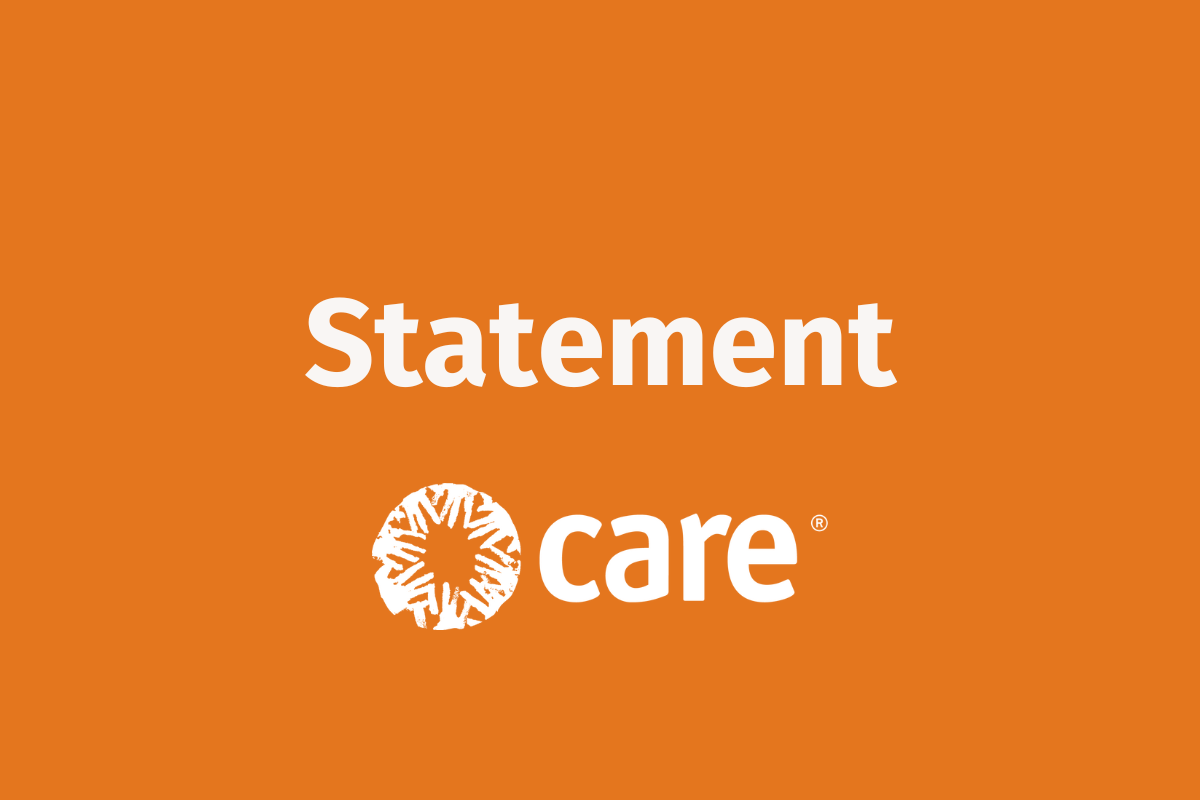
Devastating floods cause death, displacement and destruction in Nigeria
The floods have killed over 600 people and displaced more than 2 million. CARE is providing much-needed assistance to those impacted.
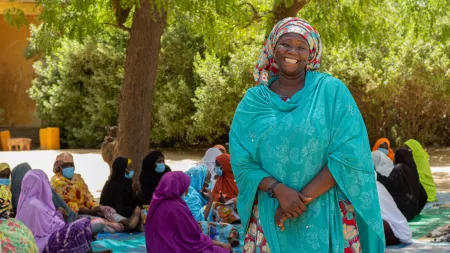
 Africa - Western
Africa - Western
Nigeria ranks 186 out of 189 on the Human Development Index (HDI). CARE International’s work in Nigeria focuses on food and nutrition, security and livelihoods, and gender-based violence prevention.
CARE International began work in Nigeria in 2017, in response to the emergency crises between Boko Haram and the military counterinsurgency that led to tens of thousands of people being killed and the abduction of women and girls.
CARE Nigeria works in Borno and Yobe, two states in Northeast Nigeria who face extreme levels of food insecurity and hunger, worsened by more than a decade of conflict.
Our work in Nigeria focuses on:
In recent years, violence in the Lake Chad Basin has led to mass displacement and an increase in humanitarian needs across northeastern Nigeria, Cameroon’s Far North region, western Chad, and southeastern Niger.
Nigeria is the hardest hit by the crisis, with 7.1 million people in need of humanitarian assistance, including hundreds of thousands of children suffering from acute malnutrition. In response, CARE Nigeria distributes food and provides sexual and reproductive health services, including in response to gender-based violence in Yobe and Borno States.

The floods have killed over 600 people and displaced more than 2 million. CARE is providing much-needed assistance to those impacted.
Seven women from countries including Ukraine, Afghanistan and Bangladesh have written to G7 leaders to offer a first-hand perspective on how the world’s most pressing crises are affecting women and girls globally.
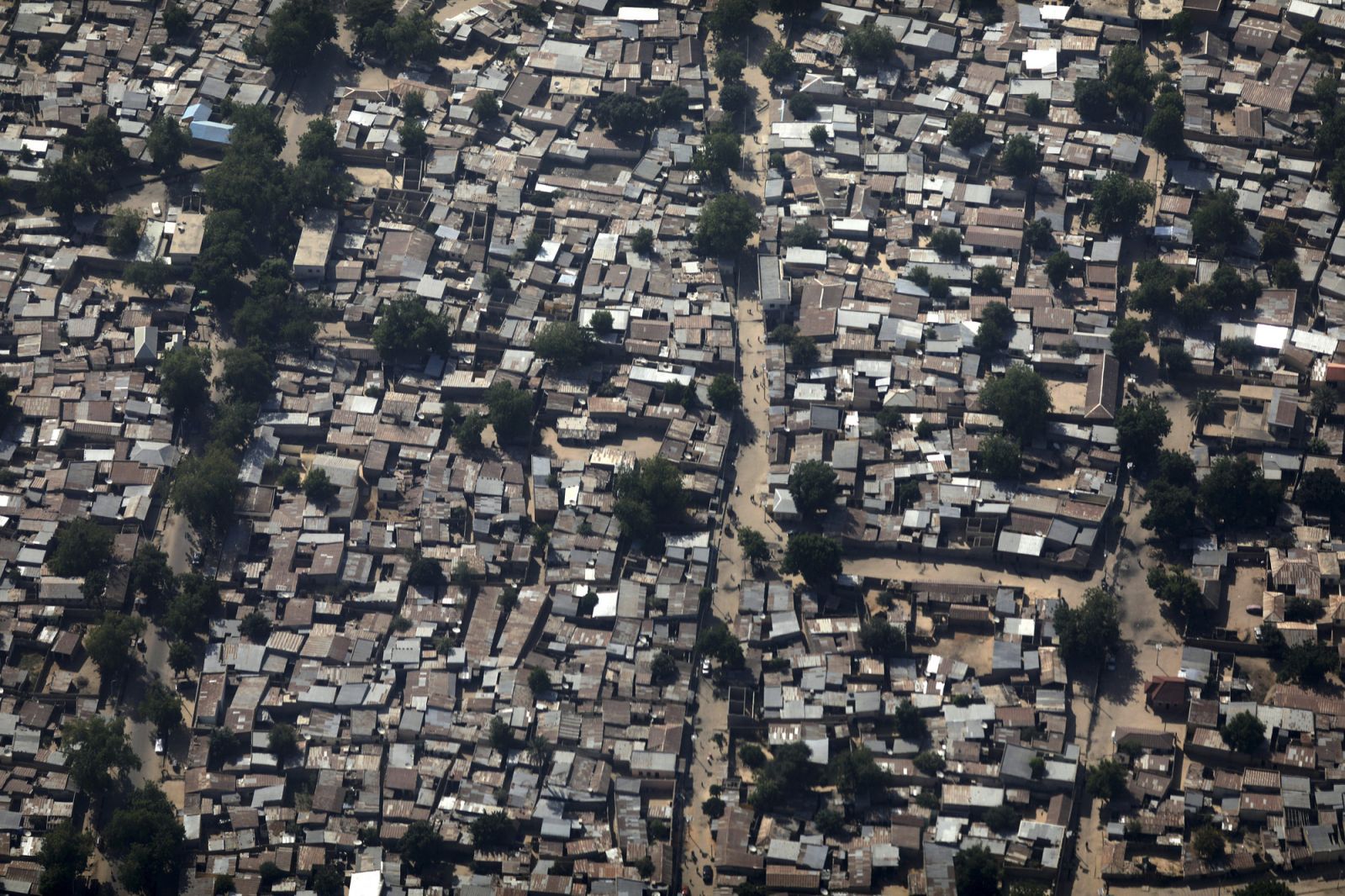
ABUJA, 30 November 2020 – The international NGO community in Nigeria is shocked by the attack by non-state armed groups (NSAGs) of Saturday 28 November, 2020 in the village of Koshobe, Jere Local Government Area, Borno State. The attack resulted in at least 86 civilians killed, with unconfirmed reports of more people missing and injured.
To address the sexual and reproductive health (SRH) needs of pregnant adolescents and first-time mothers in crisis-hit countries, the Adolescent Mothers Against All Odds (AMAL) initiative was launched to promote access to SRH information and services while creating conversations around gender, power, and social norms to support a more enabling environment for adolescents to seek care.
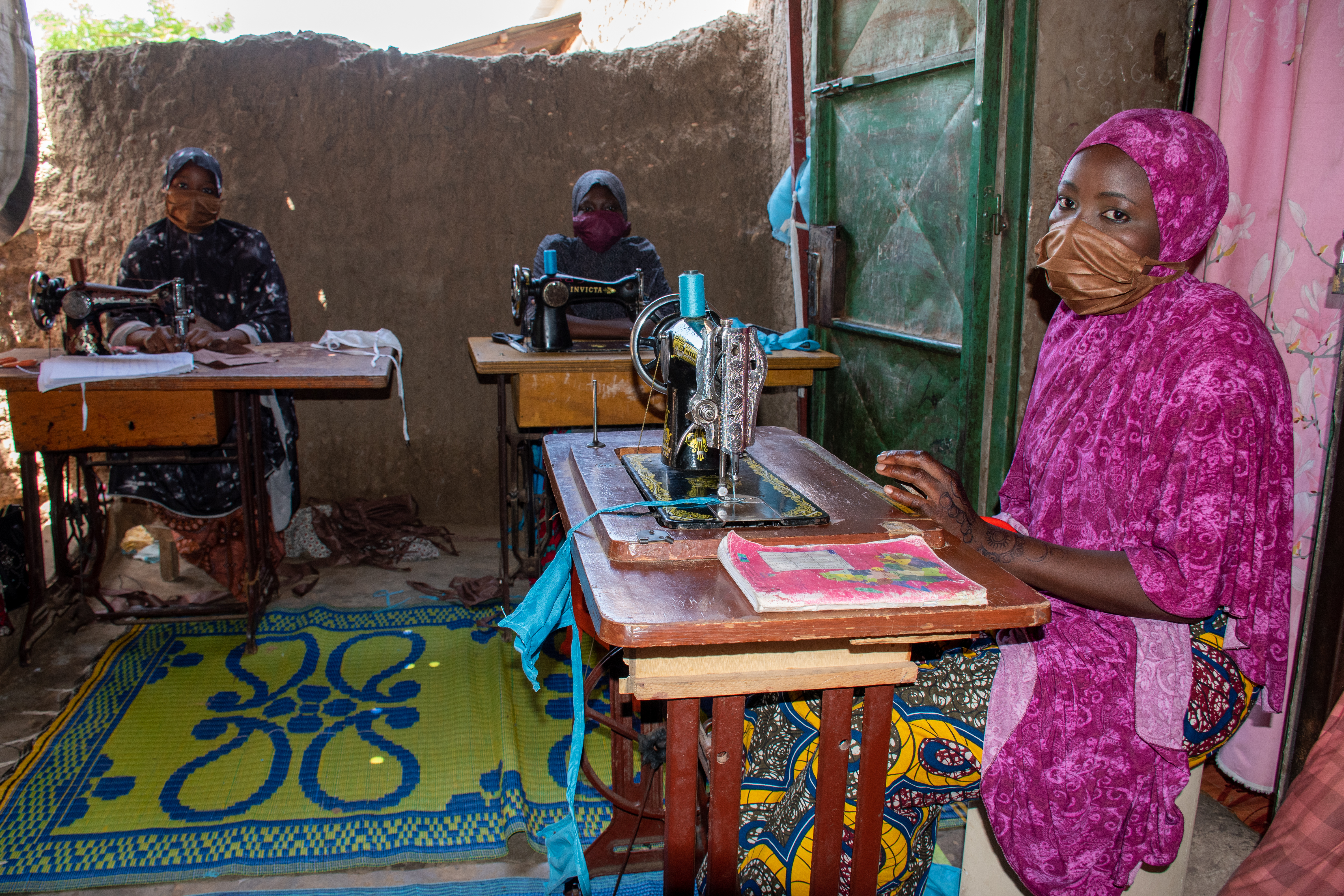
“During these trying times, being a part of this savings group has really helped us cushion the adverse economic effects of the pandemic. From our social fund we buy food to share. We also use it to help support our children’s education and our hospital needs.” Fati Musa, Nigeria
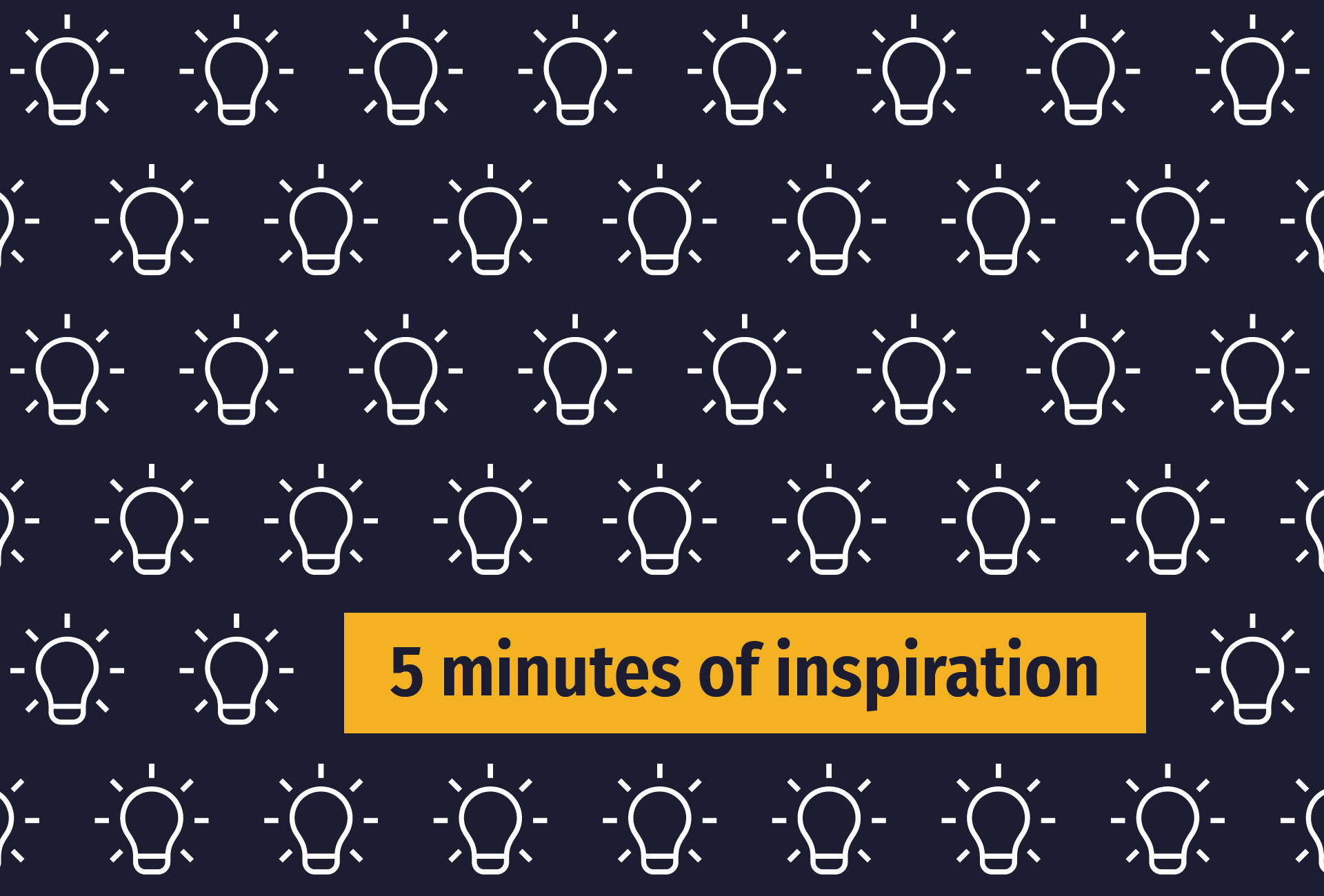
Even in the face of COVID-19, women in savings groups continue to astound and find ways to succeed.

Over 25 million people in Nigeria are currently likely to face food insecurity. The policy brief analyzes the causes of this dire crisis and provides recommendations on how to revert it to save lives.
The COVID-19 pandemic in West Africa is currently exacerbating socio-economic issues, with women bearing the largest burden of caring for their families while also seeking to lead communities in prevention and adaptation.
With CARE’s fourth global Suffering In Silence report, we are starting to see a trend of certain countries annually remaining on the list of the most under-reported crises. While we expanded the analysis in 2019 by including Spanish and Arabic online media coverage (in addition to English, French and German), the results are surprisingly similar to previous years.
In FY2023, CARE worked around the world, contributing to saving lives, fighting poverty, and increasing social justice.